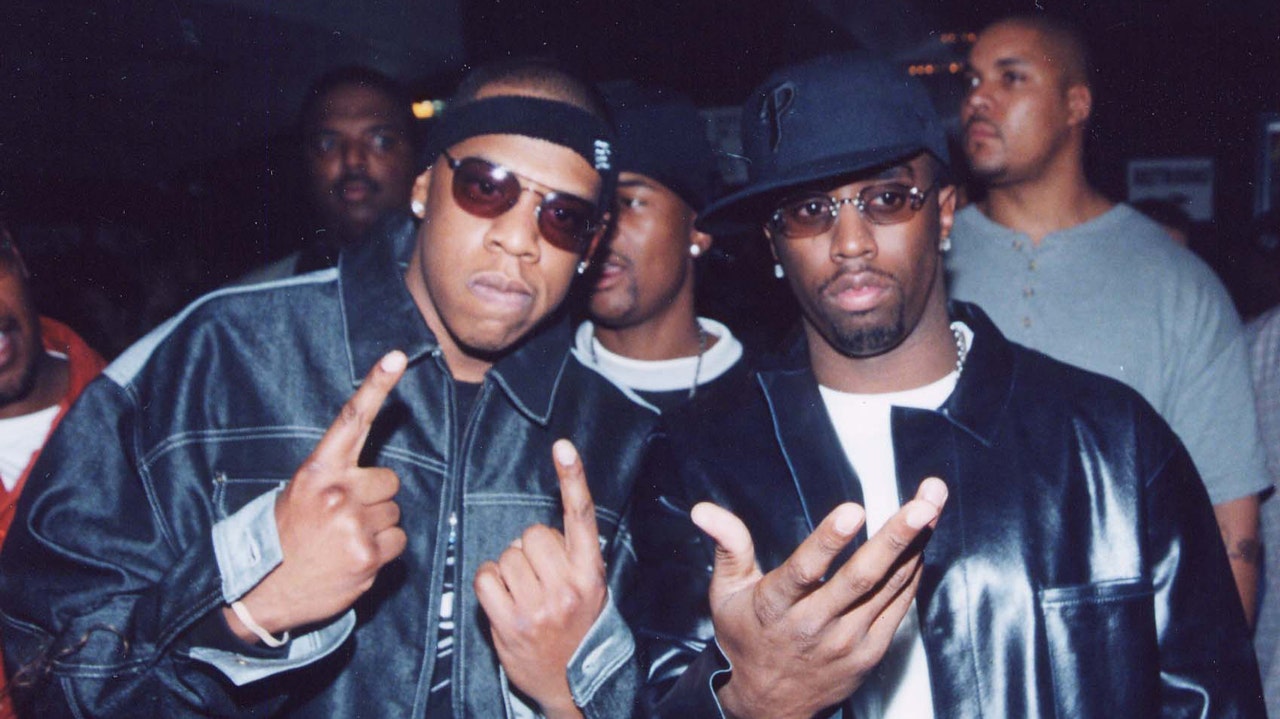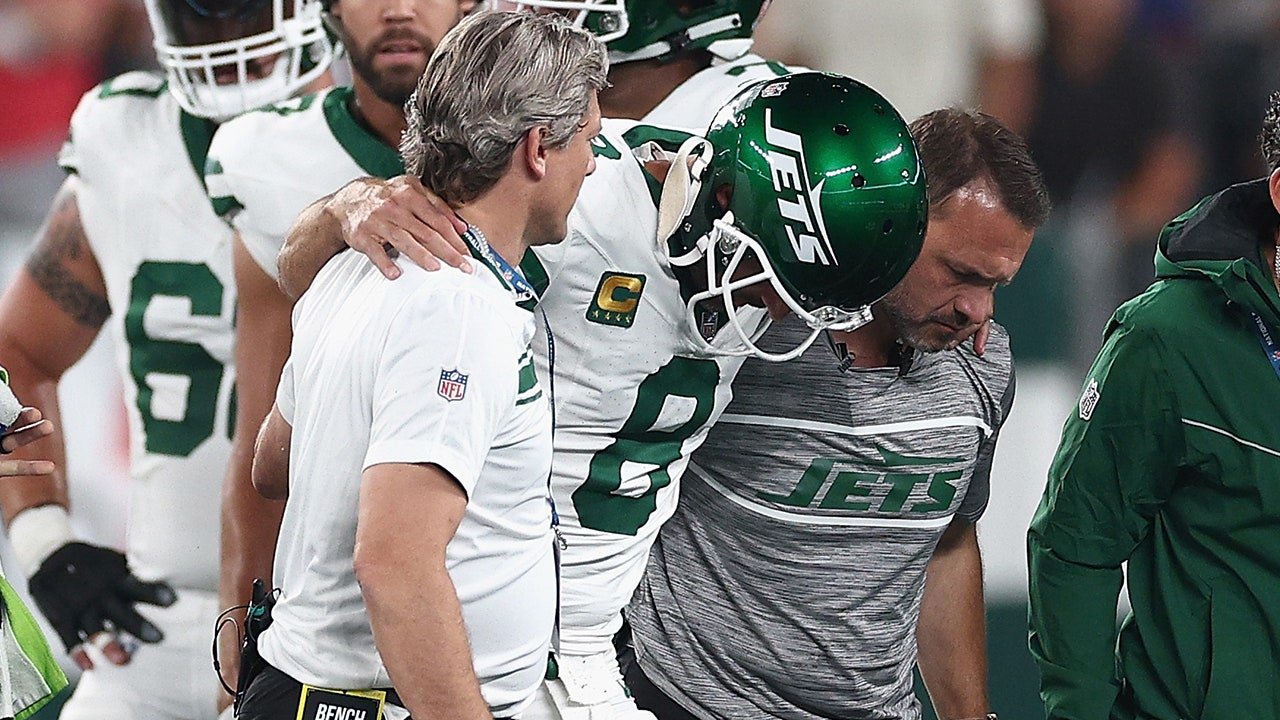Aaron Rodgers’ Injury Has a Negative Impact on His Former Packers
Aaron Rodgers, the talented quarterback who spent 16 successful seasons with the Green Bay Packers, has recently faced a devastating injury. The impact of his injury, however, goes beyond the field of play and extends to his former team. The Packers have experienced numerous challenges since Rodgers’ departure due to his injury, which has had a significant negative impact on the team’s overall performance and morale. Let’s explore the various ways in which Aaron Rodgers’ injury has affected his former team.
Decline in Offensive Production
One of the most palpable consequences of Rodgers’ absence is the decline in offensive production for the Packers. Known for his exceptional throwing accuracy and ability to create plays, Rodgers was the backbone of the Packers’ offensive strategy. Without him, the team struggled to find a viable replacement and maintain the same level of efficiency. As a result, the Packers’ offensive performance plummeted, making it difficult for them to secure victories.
Furthermore, the absence of Rodgers has diminished the team’s passing game. His unique ability to connect with receivers and make accurate throws in tight spaces was instrumental in stretching opposing defenses and creating opportunities for long-gain plays. The Packers’ passing game, once feared by opponents, has become lackluster and predictable without the prowess of Rodgers leading the way.
Limited Leadership and Guidance
Aside from his impressive on-field performance, Aaron Rodgers also provided invaluable leadership and guidance to his teammates. His experience and knowledge of the game allowed him to serve as a mentor figure, helping younger players develop their skills and navigate the challenges of playing in the NFL. Rodgers’ injury left a void in this leadership role, leaving the Packers lacking clear direction and a strong voice in the locker room.
Moreover, Rodgers’ absence has affected the overall morale and cohesiveness of the team. His strong presence and ability to inspire his teammates were key factors in creating a sense of unity within the Packers. With Rodgers sidelined, the team has struggled to regroup and maintain the same level of camaraderie. This has not only impacted their performance on the field but also their ability to come together as a cohesive unit.
Defensive Pressure and Fatigue
When Aaron Rodgers was at the helm of the Packers’ offense, his ability to keep drives alive and dictate the tempo of the game was crucial in providing the defense with much-needed rest. The constant scoring threat that Rodgers posed often forced opposing teams to focus on keeping up with the Packers’ high-powered offense, leaving their own defense fatigued and vulnerable.
However, without Rodgers’ offensive prowess, the Packers’ defense has faced increased pressure and fatigue. The inability to sustain drives and put points on the board has resulted in the defense spending more time on the field, creating opportunities for opponents to exploit weaknesses and score more frequently. As a result, the Packers’ defense has struggled to maintain the same level of dominance they enjoyed when Rodgers was healthy.
Fan Disengagement and Frustration
Aaron Rodgers was not just a star player for the Packers; he was also a beloved figure in the hearts of the team’s dedicated fan base. His injury and subsequent absence from the field have left fans disengaged and frustrated. The enthusiasm and excitement that often surrounded Packers’ games with Rodgers playing have ebbed away, leading to a decline in attendance and overall fan morale.
Additionally, Rodgers’ injury has caused fans to question the direction and decisions of the team’s management. Without their star quarterback, some fans have grown disenchanted with the Packers’ ability to build a competitive team and have started to voice their frustrations. This negative sentiment from fans can create a hostile environment for the team and further compound the challenges they already face.
Missed Playoff Opportunities
Historically, the Packers have been a regular presence in the NFL playoffs, thanks in large part to the leadership and talent of Aaron Rodgers. However, since his injury, the team has experienced a decline in performance, resulting in missed playoff opportunities. Rodgers’ absence not only hampers the Packers’ chances of making a deep playoff run but also deprives fans of the excitement and anticipation that comes with postseason football.
Strained Relationship with Rodgers
Lastly, Rodgers’ injury has had consequences beyond the realm of team dynamics. His absence has caused a strain in his relationship with the Packers’ management. Reports of disagreements and miscommunication between Rodgers and the front office have emerged, leading to speculation about his future with the team and potentially tarnishing the long-standing bond between player and organization.
Conclusion
Aaron Rodgers’ injury has undeniably had a negative impact on his former team, the Green Bay Packers. From a decline in offensive production to a strained relationship with their star quarterback, the Packers have navigated a challenging period without the player who was instrumental in their past successes. However, the team remains resilient and hopeful for Rodgers’ eventual return, recognizing the immense value he brings both on and off the field.
*Source www.foxnews.com












































